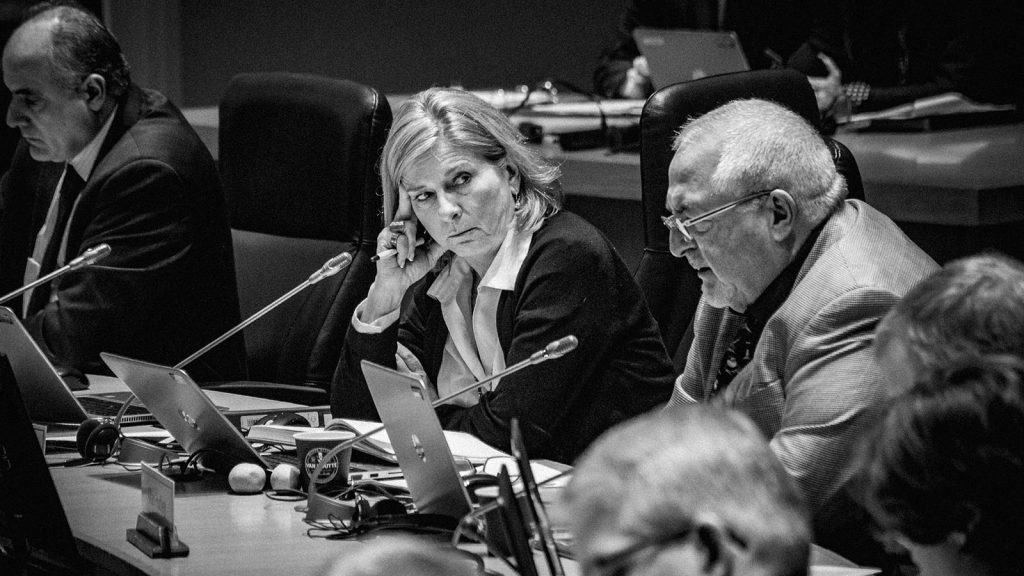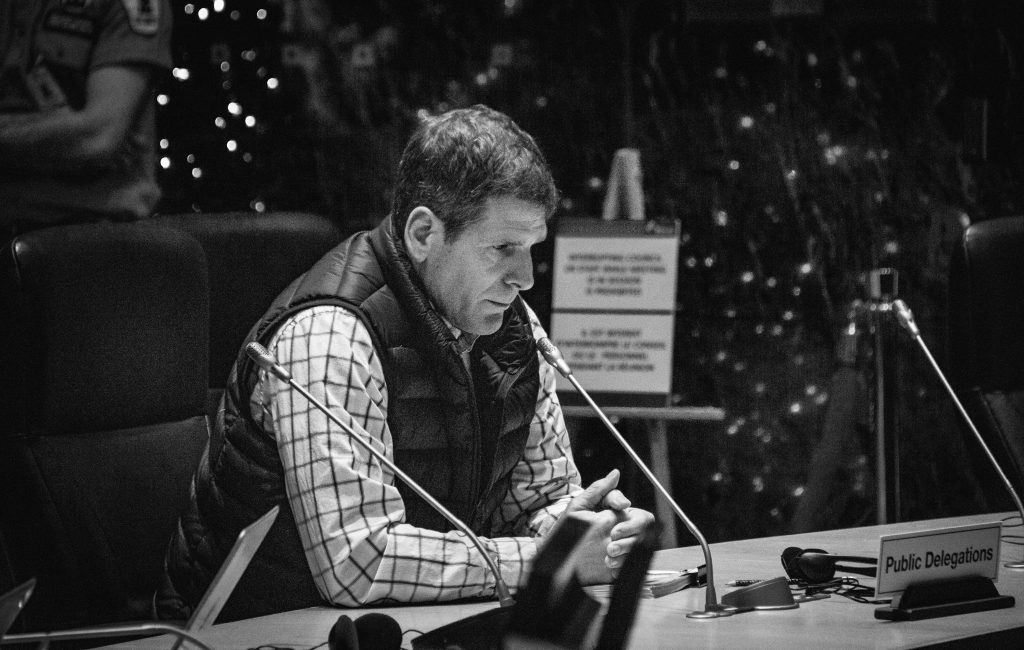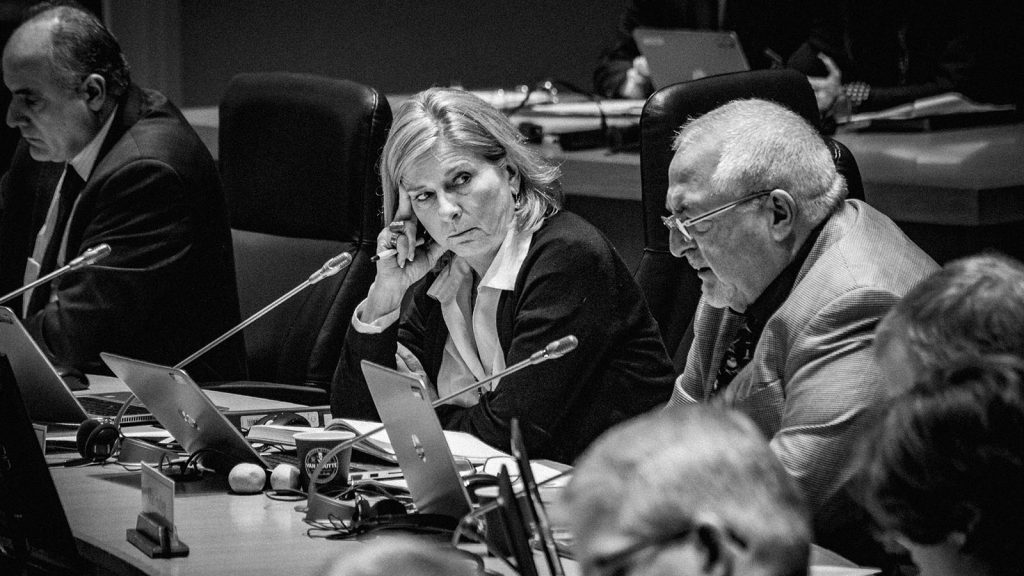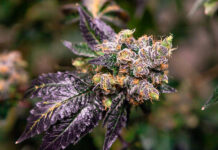The first retail cannabis stores in Canada’s capital city will likely open to customers in spring 2019, a symbol, perhaps, of the new modern tolerance of the city of Ottawa — the city that, it’s often been said, “fun forgot.”
Though there were clearly some apprehension among many of its council members, the City Council voted Dec. 13, 2018, to allow retail marijuana sales at a council meeting specifically called to deal with the subject.
Ottawa has a long history with prudish temperance. After the alcohol prohibition era in Canada had largely ended by 1934, some parts of what later became the modern city of Ottawa didn’t lift their booze bans until 1980.
And even though the vote wasn’t close — the motion to opt out lost 22-2, a washout — the issue is still a divisive one: in public polling on the issue, conducted by the polling firm EKOS in 2017 as part of a city staff report, only 41 percent of people expressly supported retail stores in the national capital region.
To some extent, the vote on marijuana retailers was a micro-vote on the success of a long-running push to change the reputation as a city of temperance.
Canada’s Capital Wants to Get in on Cannabis
For years, Ottawa has been working through a citywide rebranding to shake off the reputation as a government town where nothing much happens, stuck between the polar tugs of Montreal to the east and Toronto to the west. Ahead of the country’s 150th birthday celebrations in 2017, the city actually seemed like it was succeeding: the city built a new stadium, brought a new football team to town, won the Grey Cup (Canada’s version of the Super Bowl), and pulled off a full year of concerts and public events that were huge, if expensive, hits.
Could voting to keep cannabis out of town have undone that? It’s hard to say, but city staff warned of that possibility. “The rejection of cannabis sales in Ottawa could have a negative effect on the city’s brand,” city staff members wrote in a lengthy report. “Over the past several years, Ottawa has shed its brand as a sleepy government town; however, this could be seen as reaffirmed if the sale of cannabis is not permitted.”

Ottawa City Council member Carol Anne Meehan’s motion for Canada’s capital city to opt out of legal cannabis sales was voted down 22-2 on Dec. 13, 2018. (Photo by Kieran Delamont)
For some, the idea that Ottawa would vote to keep retail weed sales out of the city was unthinkable. “We’re the capital of Canada,” Christine Steadman, who represents the city’s business improvement areas, told Weedmaps News. “Are you kidding? If you want to be the fourth-largest city in Canada, you can’t be looking to opt out.”
“It’s obvious that Team Trudeau Cannabis has left the station,” said former council candidate and human-rights lawyer Jerry Kovacs, ahead of the final vote. “Now it’s up to Ottawa to determine whether it will stop in Ottawa, and if so on what streets.”
It’s obvious that Team Trudeau Cannabis has left the station. Now it’s up to Ottawa to determine whether it will stop in Ottawa, and if so on what streets. Click To Tweet
Steadman says that the business impact analyses of most of the major neighborhoods in the city had indicated to her that they supported shops. Cannabis retail shops, like most other businesses, could be a way to get people out into their neighborhoods. Cannabis will “draw people to our area, make it a destination,” she said. “Why not? It’s a legal product now.”
It’s not at all clear how many stores Ottawa could get when retail sales are legal in Ontario. The City Council was anticipating dozens of stores to open, but just hours after the vote — and without telling municipalities — the provincial government announced that it was capping the number of stores at 25, provincewide, for the time being.

Richard Bergman of Ottawa, who said he was a retired Royal Canadian Mounted Police officer and a father of three, appealed to the Ottawa City Council to ban adult-use cannabis sales. City leaders voted Dec. 13, 2018, to allow marijuana retailers. (Photo by Kieran Delamont)
After council members OK’d cannabis sales, Mayor Jim Watson thought voting to opt out would have tarnished Ottawa’s burgeoning non-boring reputation, a feat that Watson has had a huge hand in changing.
“I’m sure some would raise that,” he told Weedmaps News. “But look — we’re the second largest city in the province, and the reality is whether you like it or not, cannabis is a legal product.
“I think council made the right decision today,” he added.
Ottawa’s Leadership Approved Retail Marijuana, But Not Without Reservations
There are already a few shops that have been quietly leasing properties in several Ottawa neighborhoods, and representatives from some of Canada’s retail cannabis chains were on hand to show off design illustrations and photos of their clean, modern stores, several of which are already operating in western Canada, to the council, in part to shake loose the image that many have of illegal, hole-in-the-wall dispensaries, which had proliferated in the city in recent years. Some retail chains, such as Weeds Glass and Gifts, operate nationwide with complex business structures.
The vote may mean that pot shops are able to open in Ottawa, but it doesn’t mean that they’re going to be immediately welcomed. Ottawa — the city that locals refer to as a “big city with a small-town feel” — has demonstrated its preference for politeness over progress time and again, a notion that could hinder the cannabis industry’s acceptance. This is, in part, a function of the city’s politics: “I’m not necessarily the flashiest or most effervescent personality … ” Watson was quoted November 2018 on TVO, Ontario’s public television network. “Bland works.”
The mood among council members, it seemed, was that cannabis shops will need to show that they can clean up and play by the rules.
Ottawa is about to begin the challenging and nebulous job of normalizing cannabis, a more indistinct process than the comparatively methodical process of legislating its legality. It has given the green light to retail sales, bringing legalized cannabis to the city in a way that’s more visible than the province’s interim mail-order-only system.
But the city’s leadership is aware, it seems, that there’s a longer process still to play out; it’s why the city still sees a distinction between “illicit storefronts [and] criminal traffickers” on page 11 of its report and “contributing members of the business community” on page 42 — even though functionally, these businesses are operating similarly, albeit with wildly different regulatory realities. At the meeting, Council member Jeff Leiper, who represents downtown Ottawa, even acknowledged that several of the black-market dispensary owners had closed up shop ahead of Oct. 17, the day adult-use cannabis became legal in Canada, with the intention of relaunching as legitimate businesses.
While council members were grilling Mark Asfar, a lawyer working with prospective dispensary owners, suburban council member Allan Hubley indicated his preference for “Apple Store-type outlets that would probably be more acceptable to people in the suburbs than what we’ve had in the past.”
Much of the debate focused implicitly around this question. The case for opting in was not only about weighing the merits of dispensaries on their own, but, given the two dozen or so illegal dispensaries that have been open on and off for the past few years, in part a probing of whether the legal dispensaries would offer an improvement over the old ones.
In the end, the council was satisfied that it would, perhaps with help from some reassuring words from Asfer, who told council members who were asking what the stores would look and feel like: “I’ve heard more about reclaimed barn wood and beautiful interior finishings and community involvement in the last two months from these entrepreneurs than I’ve ever heard from any of the other small-business clients we’ve worked with.”















